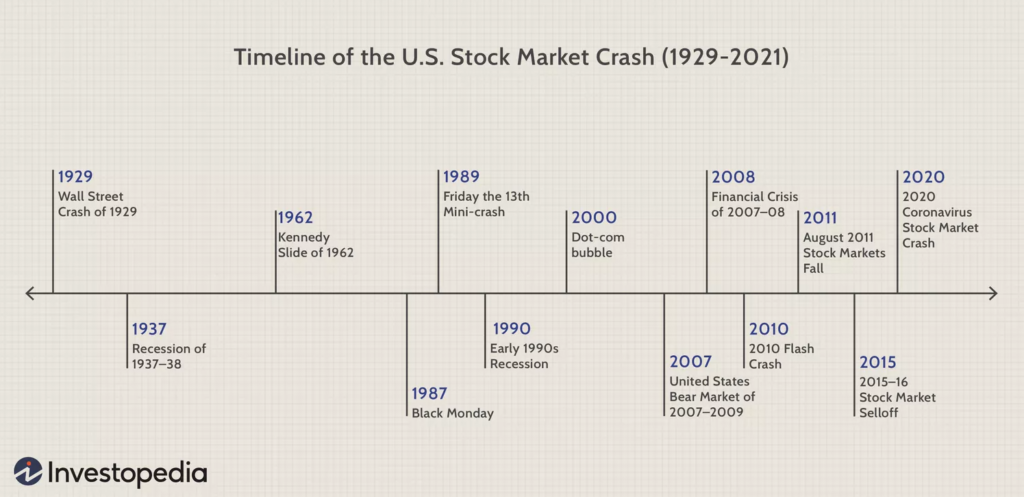
Picture this: Mike, a 29-year-old software engineer, decides to try trading. Armed with his savings and dreams of financial independence, he dives in headfirst, only to lose half of his initial investment within a month.
Mike’s experience is all too common. In fact, the US Securities and Exchange Commission reports that 70% of forex traders lose money every quarter.
The allure of substantial profits and being your own boss draws many young professionals to trading each year. However, for newcomers like Mike, it often feels more like high-stakes poker than a calculated route to wealth. This is often due to common mistakes made by new traders.
In this article, we will explore the top five pitfalls for beginners and provide practical strategies to avoid them. Whether you are looking to boost your income or change careers, understanding these mistakes will help you navigate the trading world more effectively.
Let’s turn those potential losses into wins and guide you towards becoming part of the successful minority in trading.

One of the most common pitfalls for new traders is jumping into the market without sufficient knowledge. It’s akin to attempting to fly a plane after watching a few YouTube tutorials—highly risky and likely to lead to failure.
For many young people, financial literacy is often below the level needed for successful trading. This gap in understanding becomes even more pronounced in the intricate world of investing, where a solid grasp of market dynamics and strategy is crucial for managing risk and making informed decisions.
How to avoid:

Many new traders bet big, hoping for a home run. But in trading, preservation of capital is key. Without proper risk management, you are gambling, not trading.
Warren Buffett’s advice is clear: “Rule No. 1: Never lose money. Rule No. 2: Never forget Rule No. 1.” This highlights the importance of risk management to safeguard your investments and avoid unnecessary losses.
How to avoid:

The market doesn’t care about your feelings, but your feelings can certainly impact your trading decisions. Fear and greed are two emotions that can lead to impulsive decisions and significant losses.
Behavioural finance reveals a stark reality: traders who allow emotions to dictate their decisions frequently suffer from markedly poorer performance compared to their peers.
How to avoid:

More trades don’t necessarily mean more profit. In fact, overtrading often leads to higher transaction costs and lower overall returns.
Research consistently shows that the most active traders typically achieve the lowest returns, while those who trade less frequently often see the highest returns.
How to avoid:

The market is not static; it’s a dynamic environment that is constantly changing. What works in a bull market might fail spectacularly in a bear market.
This highlights the need to stay adaptable and be ready for sudden market shifts, as crucial returns often come from brief but significant moments.
How to avoid:
In conclusion, avoiding these five common mistakes won’t guarantee trading success, but it will certainly tilt the odds in your favour. Remember, successful trading is not about eliminating losses entirely – it’s about managing risk and maximising opportunities over time.
As you embark on your trading journey, keep these lessons in mind. Be patient, stay disciplined, and never stop learning. The path to trading success may be challenging, but with the right approach, it’s within your reach. Now, armed with this knowledge, you’re better equipped to navigate the trading waters and avoid the fate of traders like Mike.
Ready to take the next step? Open a live account with VT Markets today and start applying these strategies to real market conditions. Your journey to becoming a successful trader starts now.